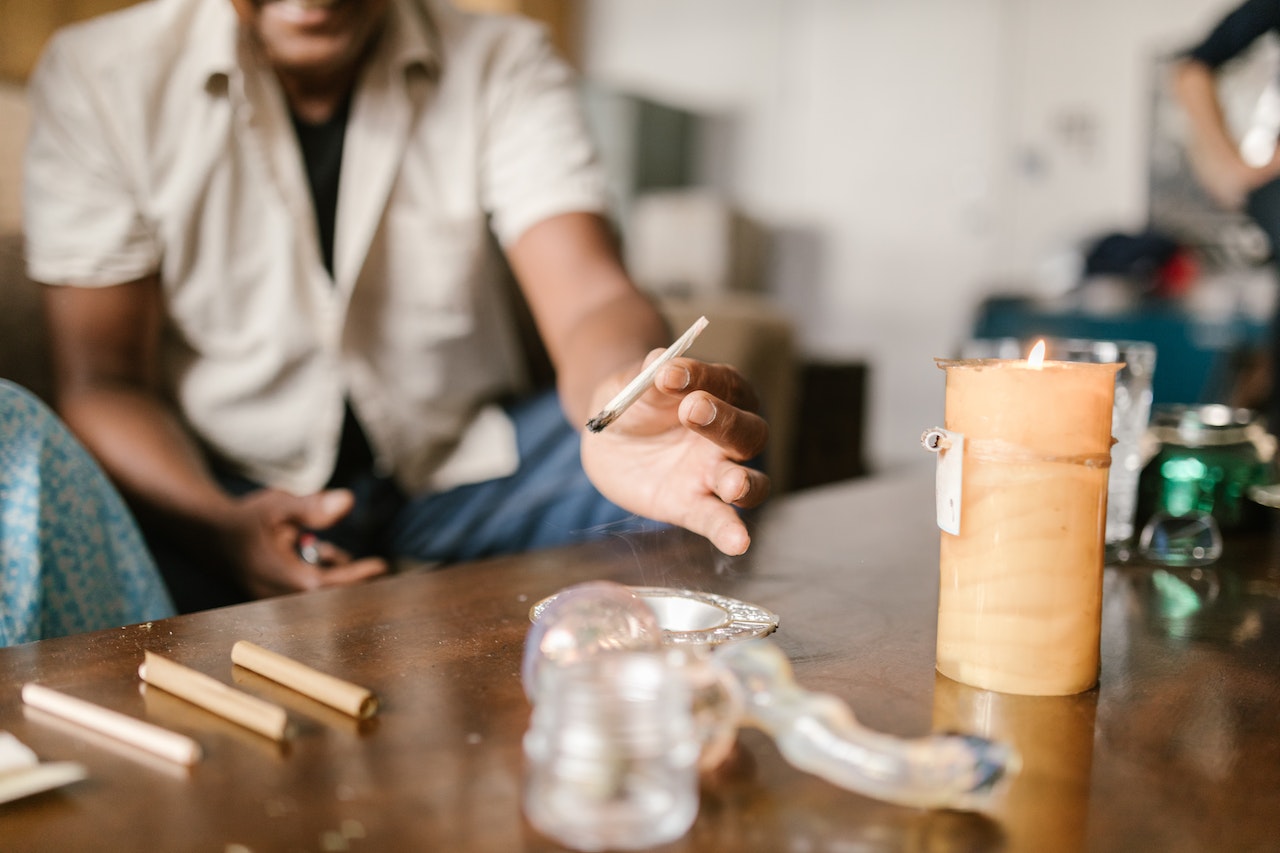Cannabis
The Netherlands to Launch Cannabis Legalization Pilot Program in December 2023
The city of Amsterdam has also expressed interest in participating in the cannabis experiment, and talks are underway. A bill amending the Closed Café Experiment Act and Decree is currently in the House of Representatives. The Dutch experiment with cannabis legalization indicates the country’s willingness to explore the possibility of fully legalizing cannabis for recreational purposes.

Dutch authorities have decided to launch the pilot phase of the cannabis legalization experiment before the end of this year. The Wietexperiment-literally “Cannabis Experiment,” which was approved by the Senate in 2019-will open the door for selected growers to legally supply cannabis to coffee shops in ten cities in the Netherlands.
Although Amsterdam is known for its coffee shops offering cannabis, growing and selling cannabis for recreational purposes outside of these locations remains illegal. Current laws allow coffee shops to sell small amounts of cannabis to customers, but they operate under strict rules.
Read more about the cannabis experiment in the Netherlands and find the most important cannabis news of the day with the Hemp.im mobile app, available for free for both Android and iOS devices.

Holden’s cannabis experiment
The experiment, which officials are calling a “closed café experiment,” is designed to observe the impact of a regulated cannabis market on the country as a whole and to help prevent crime. After several delays, the implementation phase will begin on December 15th, initially in the cities of Breda and Tilburg.
During this phase, coffee shops participating in the experiment will be able to sell both legally grown and “tolerated” products. Two cannabis cultivation companies have been selected to legally supply cannabis.
The maximum duration of the implementation phase is six months. All activities during this time will be closely monitored to gain experience with the closed supply chain and all related processes.
A “transition phase” is then envisioned, during which all participating cities will be able to sell regulated products. If public order or security is threatened during the implementation phase, it will be discontinued.
Future steps and challenges
It is expected that all cities will be able to start the transition phase at the end of the first quarter of 2024 at the earliest. According to local media reports, 10 manufacturers were initially selected to participate in the experiment, but one of them lost its permit and others encountered logistical problems, such as the inability to set up a bank account.
The city of Amsterdam has also expressed interest in participating in the cannabis experiment, and talks are underway. A bill amending the Closed Café Experiment Act and Decree is currently in the House of Representatives.
The Dutch experiment with cannabis legalization indicates the country’s willingness to explore the possibility of fully legalizing cannabis for recreational purposes.
—
(Featured image by RDNE Stock Project via Pexels)
DISCLAIMER: This article was written by a third-party contributor and does not reflect the opinion of Hemp.im, its management, staff, or its associates. Please review our disclaimer for more information.
This article may include forward-looking statements. These forward-looking statements generally are identified by the words “believe,” “project,” “estimate,” “become,” “plan,” “will,” and similar expressions. These forward-looking statements involve known and unknown risks as well as uncertainties, including those discussed in the following cautionary statements and elsewhere in this article and on this site. Although the company may believe that its expectations are based on reasonable assumptions, the actual results that the company may achieve may differ materially from any forward-looking statements, which reflect the opinions of the management of the company only as of the date hereof. Additionally, please make sure to read these important disclosures.
First published in Fakty Konopne, a third-party contributor translated and adapted the article from the original. In case of discrepancy, the original will prevail.
Although we made reasonable efforts to provide accurate translations, some parts may be incorrect. Hemp.im assumes no responsibility for errors, omissions or ambiguities in the translations provided on this website. Any person or entity relying on translated content does so at their own risk. Hemp.im is not responsible for losses caused by such reliance on the accuracy or reliability of translated information. If you wish to report an error or inaccuracy in the translation, we encourage you to contact us.

-

 Cannabis3 days ago
Cannabis3 days agoCannabis Company Adopts Dogecoin for Treasury Innovation
-

 Biotech1 week ago
Biotech1 week agoPfizer Spain Highlights Innovation and Impact in 2024 Report Amid Key Anniversaries
-

 Markets5 days ago
Markets5 days agoStock Markets Surge Amid Global Uncertainty, But Storm Clouds Loom
-

 Africa2 days ago
Africa2 days agoMorocco Charts a Citizen-Centered Path for Ethical and Inclusive AI























